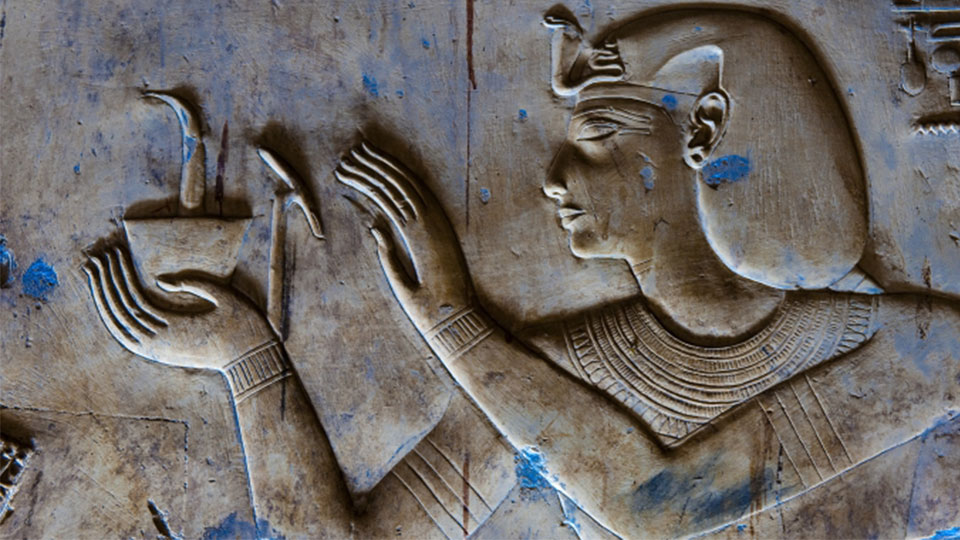Hair loss prevention is a battle as old as history itself. For millennia, man has sought ways to prevent hair loss and reverse hair loss when it has already occurred. Unfortunately, history has shown this to be a losing battle, until the past twenty years.
The oldest known hair loss prevention remedy was recorded by the Egyptians in 1553 BC. The remedy called for ingredients such as honey, iron oxide, red lead, snake fat, lion fat, crocodile and hippopotamus fat, onions, and alabaster. Being among the medical treatments found in the oldest known recorded medical journal shows that hair loss was a problem worth writing about since the earliest days of civilised man.
2500 years ago in ancient Greece, the father of modern medicine, Hippocrates, also thought hair loss was such a serious issue he felt he he should write about it with his own formula for hair loss prevention. Ironically he was also the first to make recorded observations about the cause of hair loss that had any sort of accuracy. Hippocrates noted that eunuchs did not seem to suffer from hair loss like regular functional men did so he concluded that hair loss was due to the “hot blood” of fully functional men. The reasoning was obviously false but he was correct in noting that eunuchs do not suffer from hair loss. This is due to the fact that since eunuchs are castrated they do not produce DHT, which is a by product of testosterone.
500 years later, in 44 BC, Julius Caesar would comb his hair forward to hide his receding locks which is where we get the “Caesar” hairstyle from. However, this only served him for a short time as continued hair loss had to be hidden by the iconic laurel wreath which is still symbolic of Caesar’s power and influence 2000 years later.
It wasn’t until the early 1600’s that wigs became a popular method of combatting (hiding) hair loss and it did so in a big way. King Louis VIII of France is reported to have started wearing wigs to hide his thinning hair but it caught on in such a manner that wearing wigs, even for men with full heads of hair, was seen as a representation of one’s power. The bigger the wig, the more influence one had and this was carried over into England by King Charles II when he caught the wig craze after returning from a trip to Versailles.
Two hundred years later, in the 1800s, the age of the “snake oil salesman” had begun. Salesmen would present themselves as doctors or experts in the field of hair loss prevention and would make up ingredients and even pay people to give testimonials praising various products. This type of scheme continues to this day, in the twenty-first century, and is why the hair loss industry in general is worth billions of dollars. Sadly, with so much attention paid to this debilitating condition that some would call a “disease” we are still left with only two FDA approved medications to treat hair loss, hair restoration surgery and of course King Louis’s favourite option, wigs.







